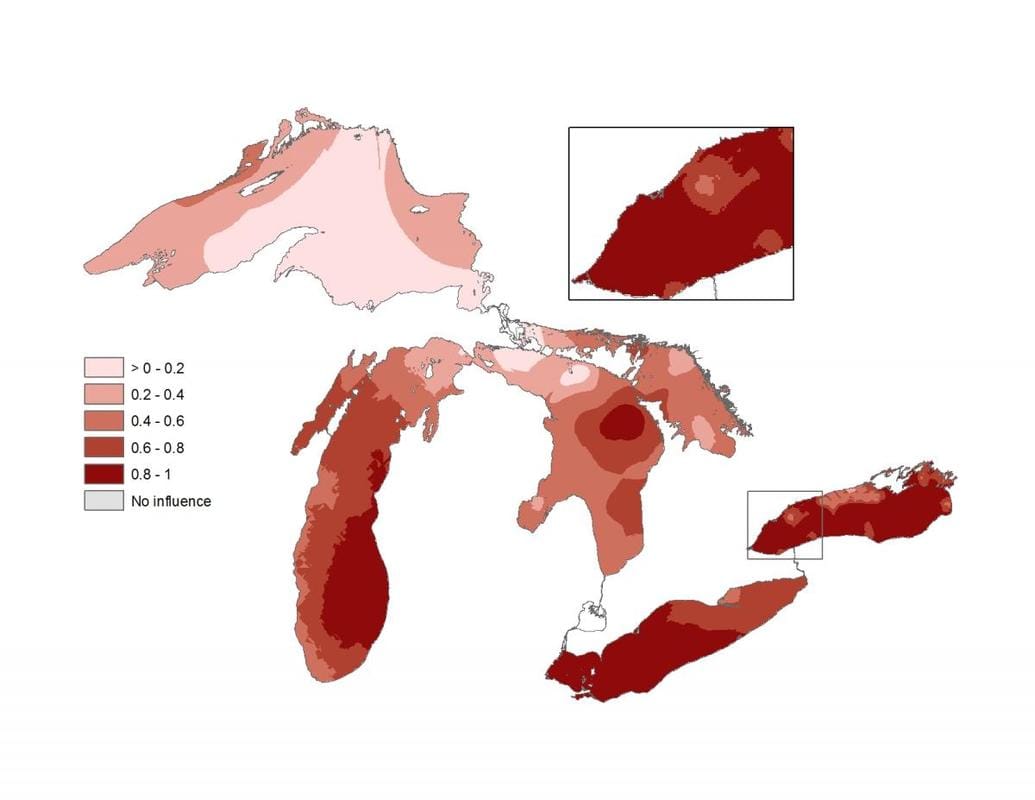Toxic. Odorless. Long-lasting. Man-made.
PCBs (Polychlorinated Biphenyl)
What are PCBs?
PCBs are a group of chemicals once renowned for their ability to insulate and withstand heat. First manufactured in the United States in 1929, they were commonly used as flame retardants, lubricating oil, and coolants in electrical equipment. They also played a part in the production of paint and carbonless copy paper.
How do PCBs enter our environment?
PCBs were banned by the U. S. Environmental Protection Agency in 1979. However, they can still enter the environment through illegal dumping, poorly maintained hazardous waste sites, and leaky transformers. Once there, PCBs can remain in river and lake bottoms for decades, even centuries.
How are people exposed to PCBs?
Eating contaminated fish is a common source of PCB exposure. Fish advisories discourage people from eating large, older fish, especially top predators like northern pike or largemouth bass and bottom-feeders like carp. These species typically have more toxins stored in their tissues. Smaller fish like bluegill and crappie have lower levels of contaminants and are generally safer to eat.
|
Can PCBs harm my health?
PCBs have been connected to numerous diseases and disorders. Studies overwhelmingly show that PCBs cause cancer in animals. They have also been shown to negatively impact the immune, reproductive, nervous, and endocrine systems, leading to issues like low birth weight, childhood learning deficiencies, and thyroid problems.
*Great Lakes Environmental Assessment and Mapping Project. PCBs in Great Lakes Sediments | GLEAM. University of Michigan, n.d. Web. 15 Dec. 2016.




